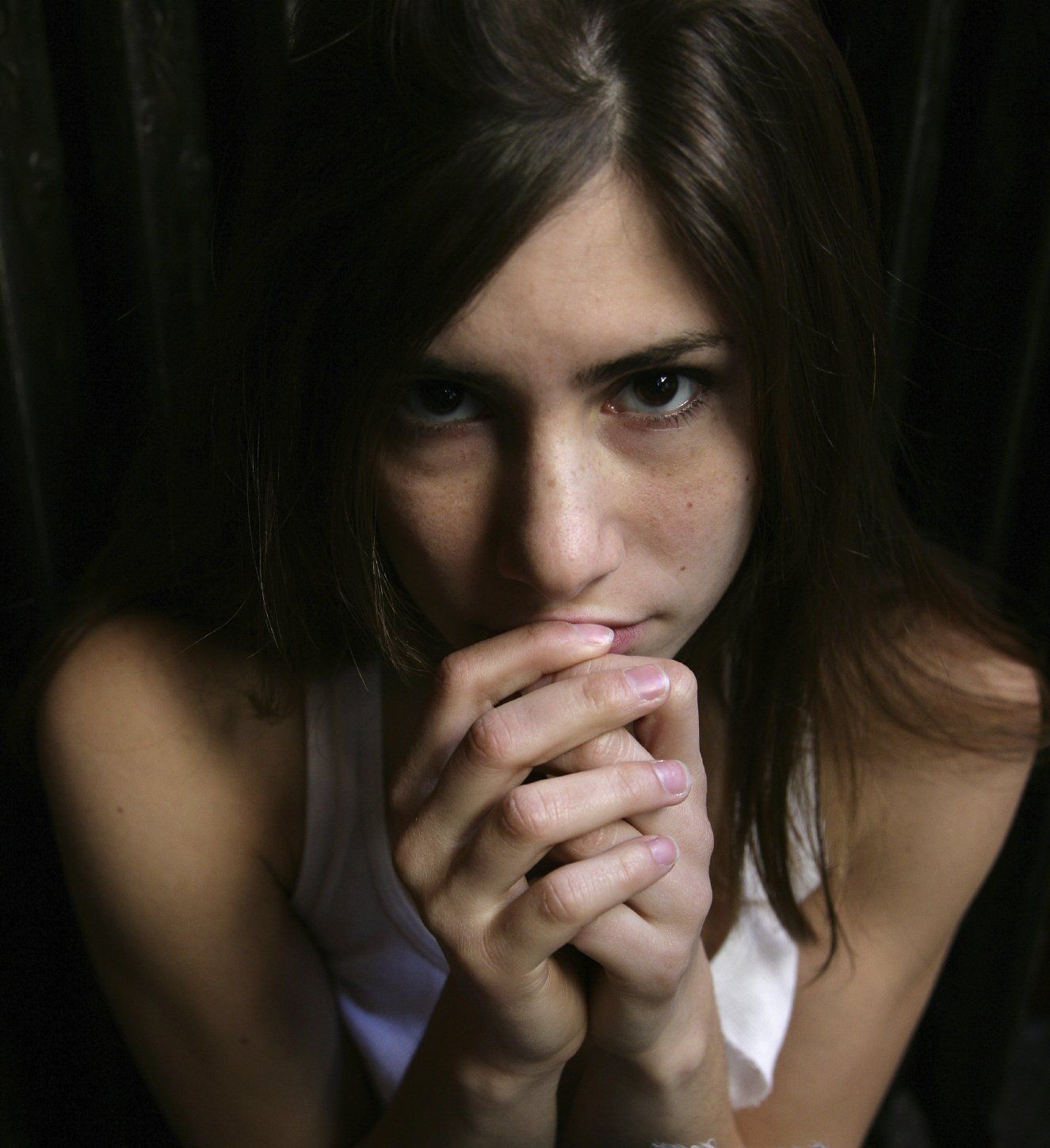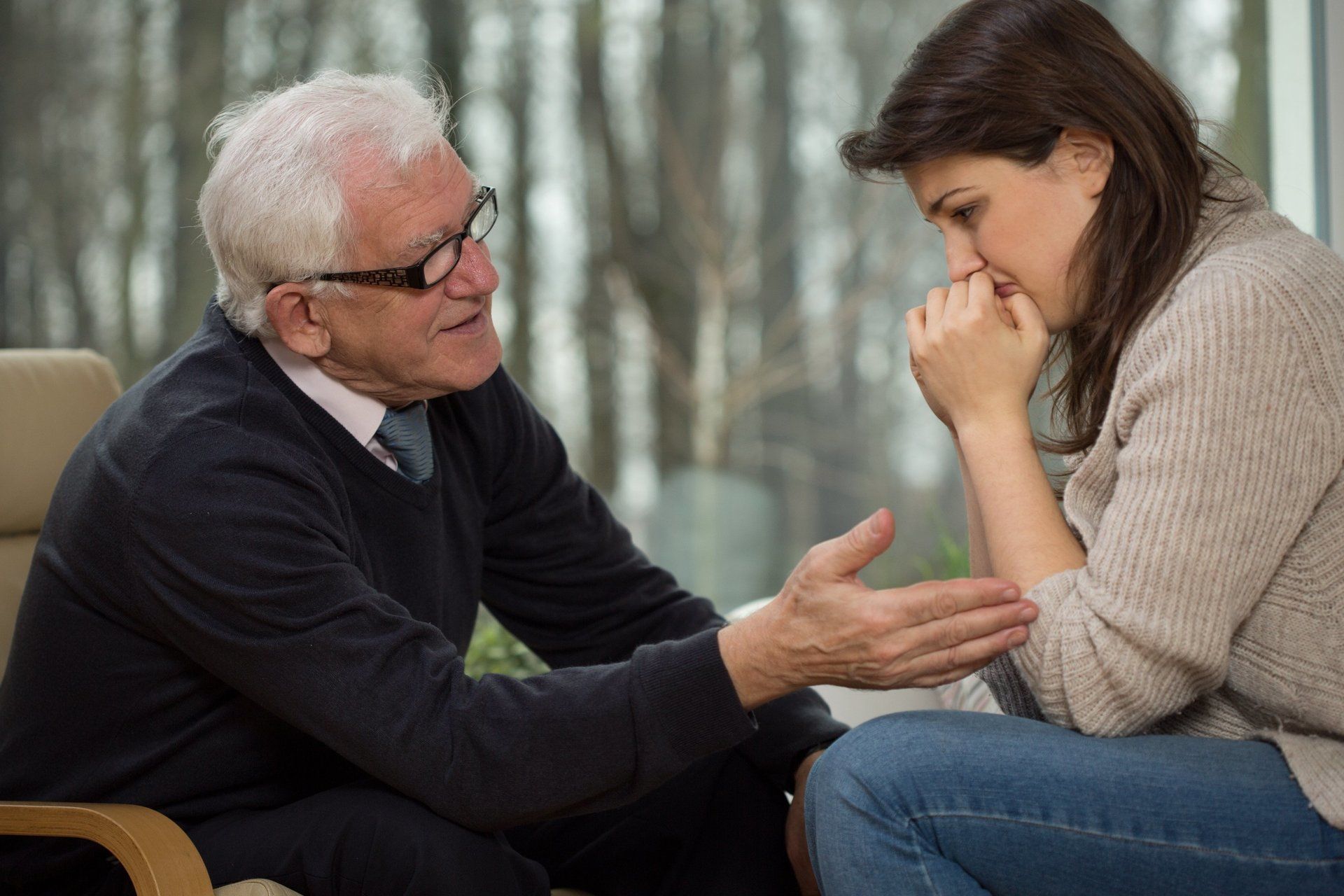BEREAVEMENT /GRIEF THERAPY
Bereavement and Grief Therapy
As we progress in life, we are bound to face different kinds of challenges, but there are few events in life that are more distressing than the death of a friend or family member. Bereavement or grief is a series of physical and psychological experiences we feel during and after we lost people we love. It also include our adjustments to the significant amount of change that usually follows.
While we may grieve after other types of loss such as the end of a relationship, retirement, losing a pet or loss of health, the intense range of emotions felt after losing a person we love often affects us most profoundly.
Bereavement therapy is recommended if you are struggling to come to terms with your loss, especially if you believe the mental and emotional effects of a person’s death is affecting your ability to function during the day.
Phases/Stages of Grief
Though there are no particular way people grieve or mourn their loss, studies have identified some emotions that are frequently present during the grieving periods. Kubler-Ross identified five major phases and emotions that people go through when they are grieving. These are discussed below:
1. Denial, disbelief, and numbness
This is especially evident when the death of loved one was unexpected. The initial feelings experienced may include heightened levels of shock and disbelief, and out-of-body sense of numbness. Sometime, your mind may denial that the death has actually taken place because it is unable to comprehend that you would forever not be able to communicate or see your loved one again. In the following days and weeks, it may feel as though you were dreaming and you cannot wait to wake up from the terrible nightmare that you are in.
2. Anger or blame
The anger emotion is also common emotion that was seem to be experienced during grief. Your mind tries to make sense or find a logical explanation of what has just happened but could not figure it out. there is a build up of frustration and sense of unfairness. If it unable, then there is injustice. This then triggers the accompanying blame anxiety, aggression; someone has to be accountable to this unthinkable occurrence. The blame may be towards: self, friends, family, professionals and/or God.
Many times, the anger and blame are justifiable because there is ACTUAL fault. In some situation, the mind captures PERCIEVED fault. Whether actual or perceived, the mind treats the situation as same. This is the reason the felling of anger and blame tend to be stable emotions in grief and bereavement. It is therefore important that someone possibly a therapist helps you identify the fine line between the actual and perceived unfairness and assist you work them through and apply the appropriate strategies to them .
3. Bargaining
This emotion may often occur before the expected loss. The family may start to negotiate with:
- God (e.g. if you save my mum/dad/child, I will sever you the rest f my life,
- Doctors (if you can try this medication, my loved one would live longer)
- the dying loved one (hang in there, i will change my life for the better)
There is a deep sense of yearning at this stage to be well again, hence, you tend to make promises or personal sacrifices in the hope that the death will not occur.
The bargaining can also occur after the loss. This may be in the form of you feeling that if the professionals will accept the faults, I can move on. This may be true in many situations but in other situations, the moving on does not occur even after the liability has been accepted by the relevant people. Bargaining is therefore emotional and mental process of stop or reduce the anguish you are experiencing.
4. Depression (Persistent Low Mood)
When reality of the eminent or actual demise of loved one sets in, bargaining turns into depression. This triggers series of emotions e.g.
- Hopelessness and fear of the unknown
- Guilt for not being able to change the course of events.
- Absent-mindedness
- Preoccupied with activities so that you do not feel or think about the situation.
- Suicidal ideations are also common at this stage/phase
- Other feelings: Irritability, bitterness, detachment, tiredness and lack of energy, loss of pleasure, loneliness, sleeplessness,
It is very important that you reach out to friends, and/or family and this is no possibly, please make contact with professionals to help you through this period
5. Acceptance
This is the phase where you gradually start to coming to terms with the reality of the loss. The acceptance phase makes room for you to start reorganising your life which will be without the loved one.
It is important to note that though many people experience these stages/phases of grief at different degrees, they do not necessarily follow in that order either do they all have to occur for you to be grieving. If you are not coping with one or more of these phases, please seek professional help.
Bereavement Therapy at FCC Clinics
At FCC Clinics, we understands that depending on whether your loved one's death was expected or sudden, the impact can be varied. We also understand that people's grieving pattern and the duration of grief can be very different for different people, hence, in our bereavement therapy, we endeavour to tailor the care-plan and therapy we offer to suit your individual needs. We aim to support and enable you to arrive to the place of acceptance of the loss and consequently able to continue with your every day life as normal as possible..
We use variety of approaches to help clients heal from their loss. Some of the therapies we offer are:








